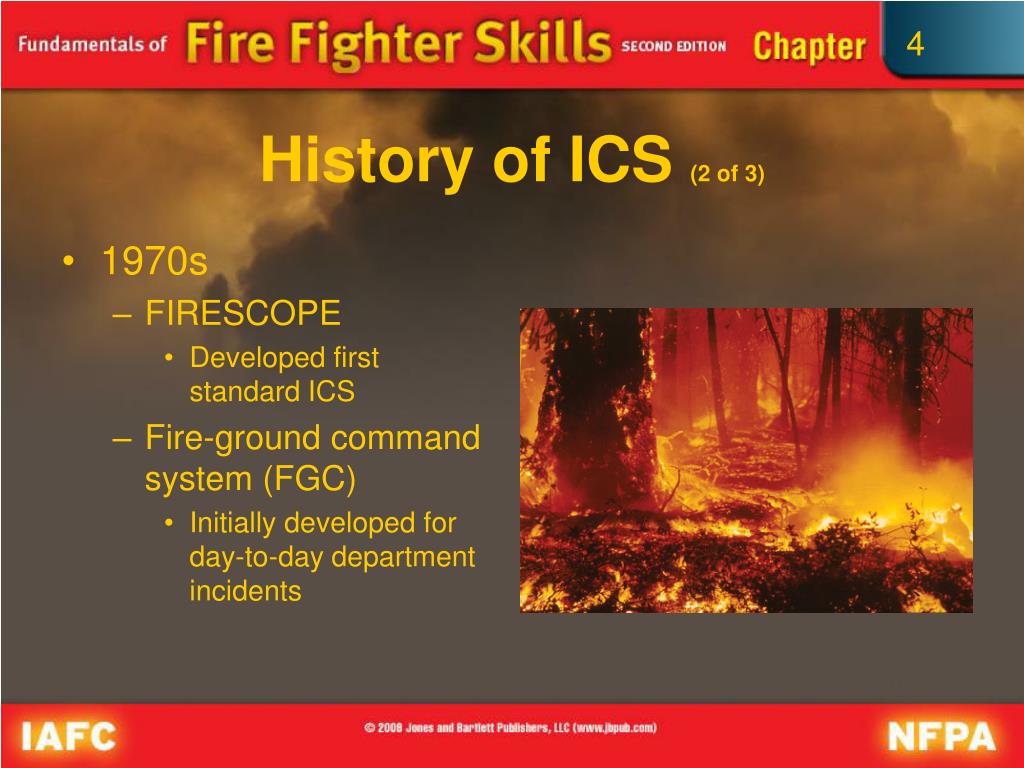

When: No set class meetings. Coursework is accessed on-demand and online, with no instructor support. While students choose when to do coursework, there may be set due dates and deadlines. Remote Independent: Where: Online anytime.When: No set class meetings. Coursework is accessed on-demand and online. While there are no set class meetings, there may be set due dates and deadlines for some activities. Students may interact with peers through virtual tools. Remote On-Demand Delivery: Where: Online anytime.When: Course is scheduled at a specific time for students to attend. Instruction is delivered at set times online. Students do not come to campus. Remote Live Delivery: Where: Online with instructor.When: Course is scheduled at a specific time for students to attend. For each class, students choose to attend in-person with the instructor or online at a specific time. Hyflex: Where: Choice to attend in-person or online meetings.When: Course is scheduled at a specific time for students to attend. Combination of face-to-face and online components at specific times. Some online components may be accessed online anytime.
 Blended: Where: Mixture of in-person & online components. When: Course is scheduled at a specific time for students to attend. Face-to-face instruction at all class meetings. Location may be on campus or at a worksite. Face to Face: Where: In-person meetings. NAIT and ICS Canada also offer position-specific training for Command and General Staff leadership positions during our annual All Hazards Incident Management Team (AHIMT) Academy. All courses require ICS 100 as a prerequisite and students are encouraged to have ICS 200, but it is not required. It may be waived by ICS Canada if the student participates in a significant ICS experience in between 300 and 400.ĬDEM 190 – ICS I-400 – Advanced ICS For Command and General Staff, Complex Incidents (2-day course)ĭuring the required wait times between ICS 200 through ICS 400, the student may enrol in additional CDEM courses designed to prepare people to function inside the various ICS Sections. It is currently in development to facilitate distance delivery using a virtual classroom.Īfter completion of ICS 300, a minimum six-month waiting period is required before enrolling in ICS 400. It may be waived by ICS Canada if the student participates in a significant ICS experience in between 200 and 300.ĬDEM120 – ICS I-300– Advanced ICS For Expanding Incidents (3-day course) Additionally, students are required take them in the following order: CDEM100 - ICS I-100, Introduction to the Incident Command System (1-day online class)Īfter completing ICS 100, the student can proceed directly into ICS 200.ĬDEM110 – ICS I-200 - Basic Incident Command System (2-day course on campus or 4 half-day virtual classes)Īfter completion of ICS 200, a minimum six-month waiting period is required before enrolling in ICS 300.
Blended: Where: Mixture of in-person & online components. When: Course is scheduled at a specific time for students to attend. Face-to-face instruction at all class meetings. Location may be on campus or at a worksite. Face to Face: Where: In-person meetings. NAIT and ICS Canada also offer position-specific training for Command and General Staff leadership positions during our annual All Hazards Incident Management Team (AHIMT) Academy. All courses require ICS 100 as a prerequisite and students are encouraged to have ICS 200, but it is not required. It may be waived by ICS Canada if the student participates in a significant ICS experience in between 300 and 400.ĬDEM 190 – ICS I-400 – Advanced ICS For Command and General Staff, Complex Incidents (2-day course)ĭuring the required wait times between ICS 200 through ICS 400, the student may enrol in additional CDEM courses designed to prepare people to function inside the various ICS Sections. It is currently in development to facilitate distance delivery using a virtual classroom.Īfter completion of ICS 300, a minimum six-month waiting period is required before enrolling in ICS 400. It may be waived by ICS Canada if the student participates in a significant ICS experience in between 200 and 300.ĬDEM120 – ICS I-300– Advanced ICS For Expanding Incidents (3-day course) Additionally, students are required take them in the following order: CDEM100 - ICS I-100, Introduction to the Incident Command System (1-day online class)Īfter completing ICS 100, the student can proceed directly into ICS 200.ĬDEM110 – ICS I-200 - Basic Incident Command System (2-day course on campus or 4 half-day virtual classes)Īfter completion of ICS 200, a minimum six-month waiting period is required before enrolling in ICS 300. 
Students need to observe the required wait times between official ICS courses. Officially recognized Incident Command System (ICS) Canada courses offered by NAIT include CDEM100 – ICS I-100, CDEM110 – ICS I-200, and CDEM120 – ICS I-300.
History of the incident command system professional#
International Professional Development Certificates. Contact the International Training Team. Testimonials from International Partners. International and Intercultural Community Centre. Centre for Applied Disaster and Emergency Management. Academic Standing and Student Procedures. Applying for College and University Transfer Credits. 
Counsellors, Teachers and Community Organizations. Department of Culinary Arts and Professional Food Studies. School of Applied Sciences and Technology. Mawji Centre for New Venture and Student Entrepreneurship.








 0 kommentar(er)
0 kommentar(er)
